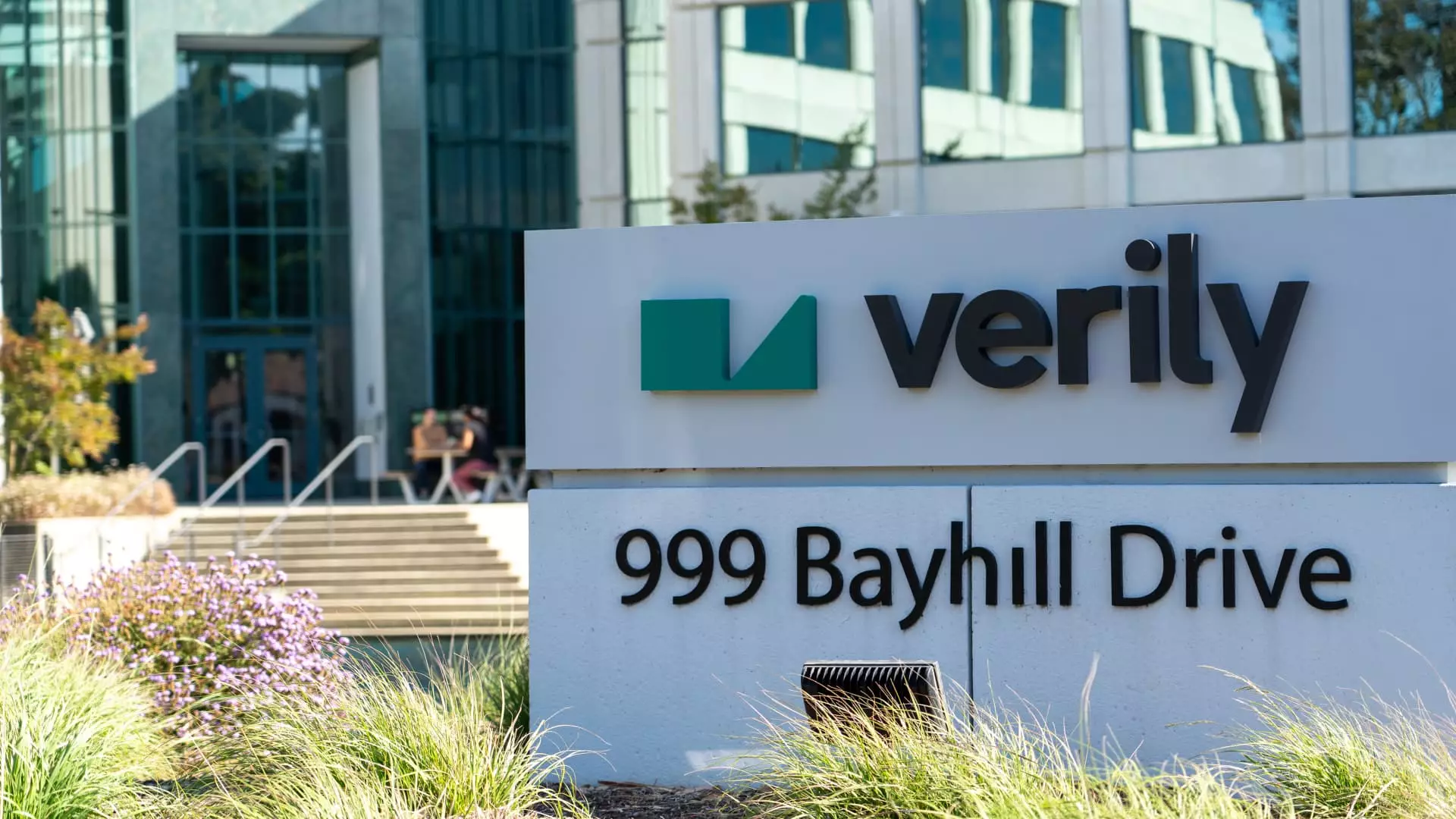Verily, a subsidiary of Alphabet known for its innovative approaches to healthcare, has decided to divest its stop-loss insurance arm, Granular Insurance Company. This move, confirmed to CNBC, signifies not just a transition within the company but also a reflection of the broader challenges faced in the rapidly evolving health tech landscape. Elevance Health, the acquiring company, now stands to benefit from Granular’s offerings, which were aimed at providing medical stop-loss and reinsurance solutions.
Since its establishment in 2015 as a prominent player in Alphabet’s portfolio, Verily has undergone considerable transformation. Initially a part of Alphabet’s innovative lab X, Verily’s trajectory included ambitious plans to develop groundbreaking hardware, such as continuous glucose monitors aimed at improving patient care. However, the company has grappled with maintaining a steady focus, which is evident in its various strategic pivots. From responding to the COVID-19 pandemic in its early days to recently emphasizing precision medicine and AI-powered solutions, such as the newly launched Lightpath for managing chronic health conditions, Verily’s focus has seemed to oscillate.
The struggle to cement a definitive identity in the health tech industry has been a point of contention for Verily. While the company has attracted notable talent—such as Myoung Cha, formerly with Apple, and Amy Abernethy, who previously held a key role at the FDA—restructuring efforts and workforce reductions suggest deeper challenges in operational execution and market positioning. The inability to find a consistent niche could potentially compromise the company’s potential to innovate effectively in a competitive space increasingly dominated by established healthcare providers and tech giants alike.
The decision to sell Granular represents not just a financial transaction but an acknowledgment of the complexities surrounding Verily’s business model. Initial investments, including over $1 billion in funding, were accompanied by high hopes for disruptive innovation in the healthcare realm. However, the inability to align business practices with market needs has led to significant changes. The specifics of the Granular sale remain undisclosed, yet the strategic implications are clear: Verily is honing in on areas where it believes it can offer the most value—notably in precision medicine and integrated care solutions.
As the company transitions away from insurance, Verily must reinforce its commitment to solutions that align with modern healthcare challenges. The introduction of AI-driven tools and subscription-based health tech services demonstrates a forward-thinking approach, yet the question remains: will these innovations resonate with users and fulfill the anticipated impact? Sustaining operations in a turbulent market will require not only innovative technologies but also a coherent strategy that speaks to the needs of patients, providers, and payers alike.
While the sale of Granular Insurance Company marks a significant change for Verily, it also opens doors to new possibilities as the company refines its focus and strives to redefine its role within the healthcare ecosystem. As Verily navigates this evolving landscape, it must remain vigilant and adaptable to succeed in a challenging yet promising sector.


Leave a Reply